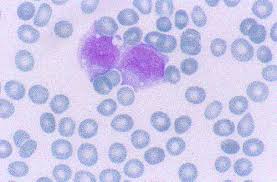The esophagus is the tube that extends from the mouth to the stomach. Damage to esophageal cells causes the formation of a malignant tumor and is defined as esophageal cancer. In recent years, cases of esophageal cancer have begun to increase.
What causes esophageal cancer?
Esophageal cancer is due to different reasons. Initially, in problems related to the esophagus such as burns and diverticulas. Also in esophageal diseases such as Plummer Vinson syndrome, achalasia and gastroesophageal reflux. Aggravating factors are smoking, obesity and alcohol consumption, as well as taking medications that weaken the esophageal sphincter
Symptoms of esophageal cancer
The symptoms that occur when someone has esophageal cancer are:
- Difficulty swallowing
- Gastroesophageal reflux
- Intestine heartburn
- Esophageal pressure and feeling full
Diagnosis of esophageal cancer
To diagnose esophageal cancer, it is necessary for the patient to undergo a special examination called an esophagography as well as a gastroesophagoscopy. A CAT scan and an esophageal ultrasonogram are usually performed. To confirm the diagnosis, the doctor proceeds with a biopsy.
Treatment of esophageal cancer
As already mentioned esophageal cancer when diagnosed usually has already metastasized and for this reason it is treated with a combination of treatments. The patient undergoes esophagectomy followed by chemotherapy or radiotherapy. The goal of these treatments is to slow the progression of the disease and offer relief to the patient from the symptoms he presents.
Prevention of esophageal cancer
People who have problems with the esophagus as well as congenital diseases should visit their doctor regularly and be checked for any problems. It is equally important as a precautionary measure to adopt a healthier lifestyle with a proper diet that fights obesity, by engaging in physical activity as well as by reducing alcohol consumption and avoiding smoking.
The right doctor for esophageal cancer is the general surgeon
Source: doctoranytime.gr
 English
English  Ελληνικά
Ελληνικά 
